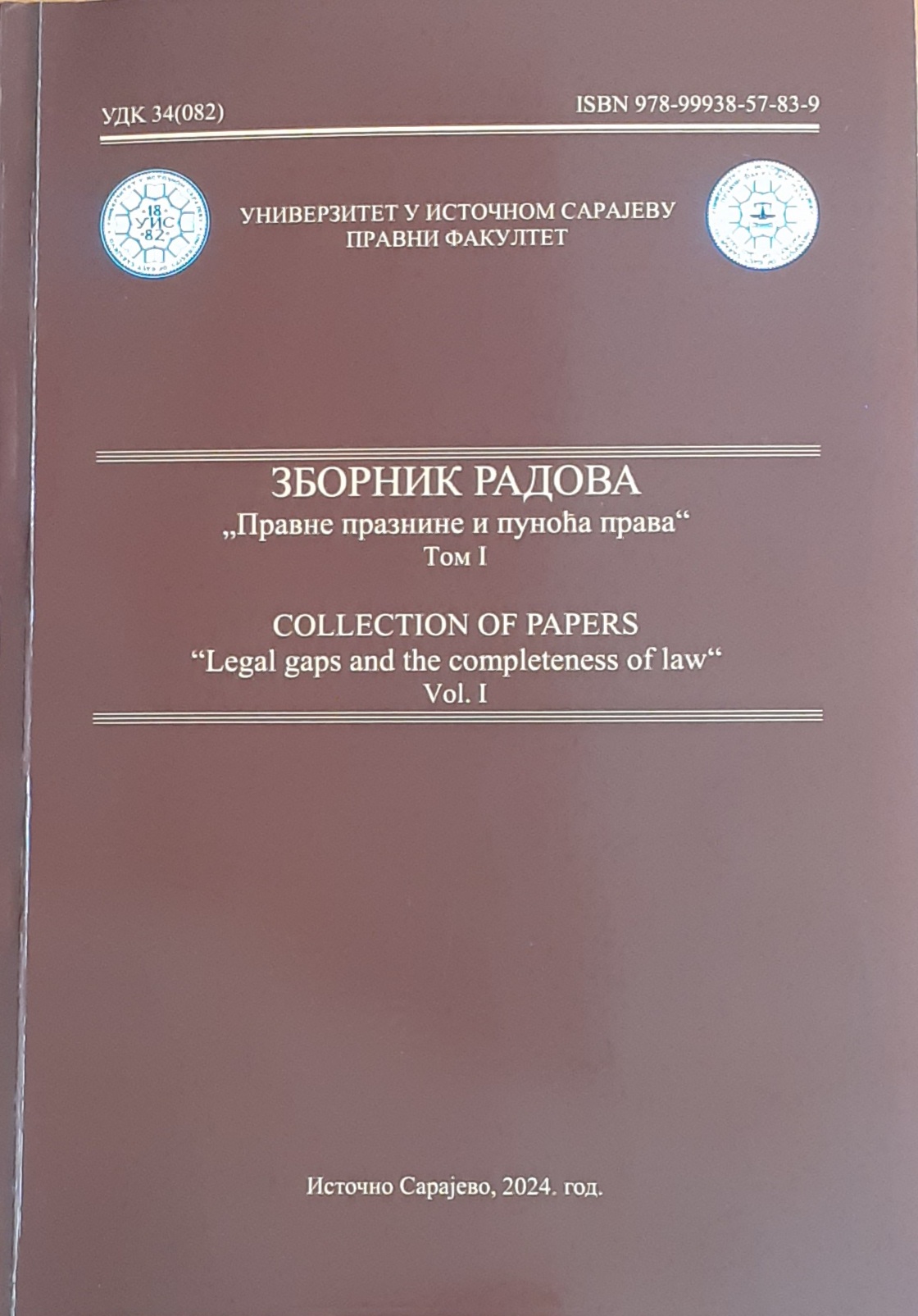O medijskoj komunikaciji: između privatizacije i slobode
On Media Communication: Between Privatization and Freedom
Author(s): Mustafa Sefo
Subject(s): Media studies, Theory of Communication
Published by: Правни факултет Универзитета у Источном Сарајеву
Keywords: Media; Communication; Freedom; Privatization;
Summary/Abstract: Great declarations of rights proclaimed the freedom of communication. This imperative is ingrained in most of the laws that organize this freedom. The most demanding interpretation is that the very purpose of communication is freedom. In the context of asymmetry between institutional actors of communication and its recipients, the recipients of communication are also the recipients of freedom, and freedom of communication must be realized in accordance with its purpose. The freedom of expression must be understood as a modality of the freedom of communication - not the opposite, as developed by liberal thinkers for whom the freedom of communication is only a new form or modality of freedom of individual expression. The privatization of media communication is a direct result of a private understanding of communication freedom that limits communication to its physical, technical, or economic aspects and, by broadening the laws that apply lets people make their own subjective claims about freedom. Degeneration of public regulation in self-finalized negotiation (corporatist and partisan) causes the privatization of media communication as well, which is the result of the state and national understanding of freedom. It is, therefore, not about suppressing the principle of sharing between "public communication" and "private communication" but rather about the recomposition of its modalities and the re-exploration between this sharing, nowadays reduced to a typical opposition between the state and the market. The digital revolution, which is perceived as the digitization and compression of computer data, can cause technological convergence, but it is limited to the universalization of infrastructure. Furthermore, the digital revolution does not cause economic convergence between different sectors of media communication (it instead increases competition between the media) nor a legal convergence (it rather risks causing the reduction of communications laws according to the common law of competition and the contract law). On the other hand, the digital revolution is an opportunity to formulate a renewed understanding of different communication rights - not to assimilate them, but to identify a common legal principle proper for media communication: the freedom of communication understood from a democratic perspective.
Book: Зборник радова "Правне празнине и пуноћа права" Том I
- Page Range: 207-221
- Page Count: 15
- Publication Year: 2024
- Language: Serbian
- Content File-PDF

